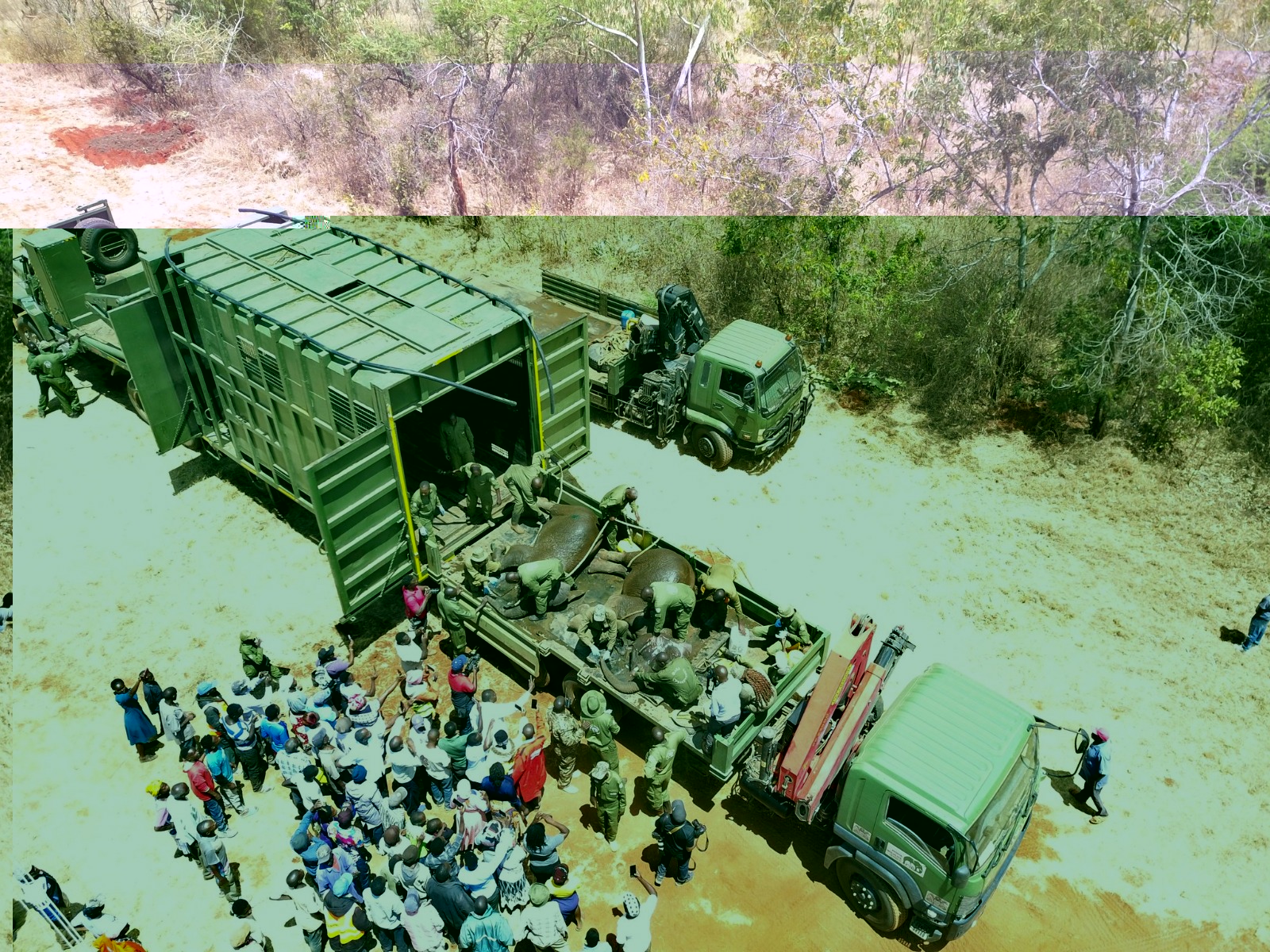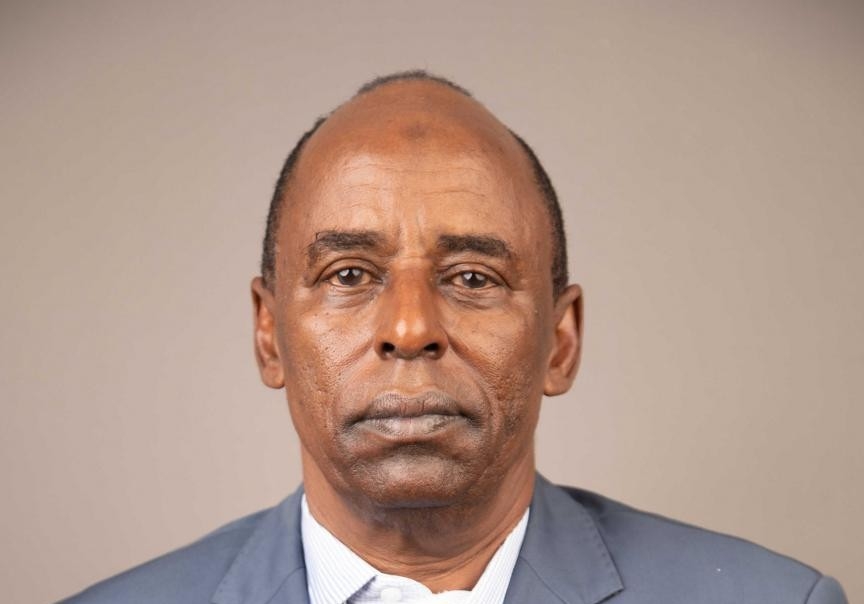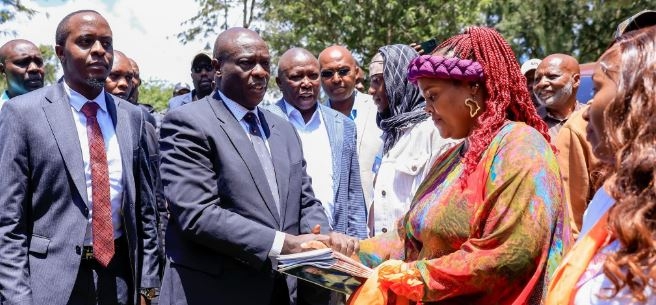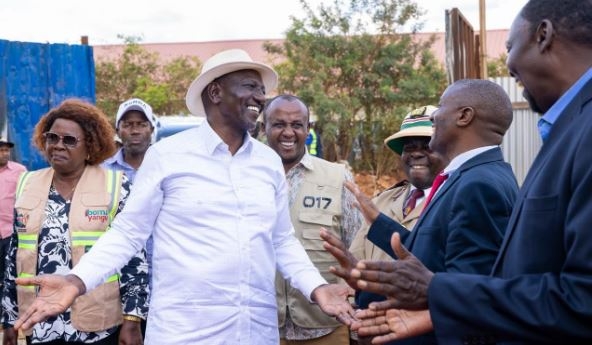
The Kenya Wildlife Service has so far managed to translocate 43 elephants from the Mwea National Reserve to Aberdare National Park.
This means there now remain just seven jumbos awaiting translocation to the new habitat in the exercise that targeted the transfer of 50 elephants who had strayed away from the Mwea National Reserve.
Tourism Cabinet Secretary Rebecca Miano and KWS Director General Dr Erastus Kanga witnessed the translocation exercise that cost Sh14 million.
They were on site as KWS officers darted a family of five jumbos that was moved together as a unit on Monday.
“Nearly two weeks ago, I launched an initiative to relocate 50 elephants, and I’m pleased to report that 43 have been successfully moved without incident,” CS Miano said.
“Family groups are being translocated together, with select elephants fitted with GPS collars to monitor their movements for the next two years via the Earth Ranger system,” she added.
CS Miano said the initiative was motivated by the increasing human-wildlife conflict in Mwea, where the elephant population had tripled beyond the reserve's capacity.
“Kenya has made significant strides in elephant conservation since the poaching crisis of the 1970s and 1980s, with our population now at 36,280 as per the National Wildlife Census, 2021, thanks to the efforts of KWS and our partners,” the CS said.
Miano said the government-funded operation was crucial for addressing human-wildlife conflict and improving community livelihoods.
The initiative is part of the broader conservation efforts under the National Elephant Action Plan, which seeks to sustain elephant populations, restore habitats, and promote human-wildlife coexistence.
KWS DG Kanga said the elephant population in the Mwea National Reserve, which spans 42 square kilometers, had risen from 49 in 1979 to 156 in the present day.
This, he said, had strained the reserve’s ecosystem, leading to frequent human-elephant conflicts.
The DG said that the Aberdare National Park, which boasts an expansive area of 700 square kilometers, offers a more spacious habitat for the animals and can better support the growing elephant population.
He said the translocation of the 50 elephants would take 21 days.
CS Miano said moving the elephants to Aberdare will help reduce conflicts with humans and alleviate pressure on Mwea's resources.
“I urge all stakeholders to support our conservation efforts. Protecting elephants is a global responsibility, essential for ensuring their survival for future generations,” she said.
Besides easing pressure on the Mwea ecosystem and reducing human-elephant conflicts, the translocation will also improve the socio-economic well-being of surrounding communities by fostering peaceful coexistence.
It is also expected to boost ecotourism in the Aberdares and create economic opportunities for the neighbouring communities.














